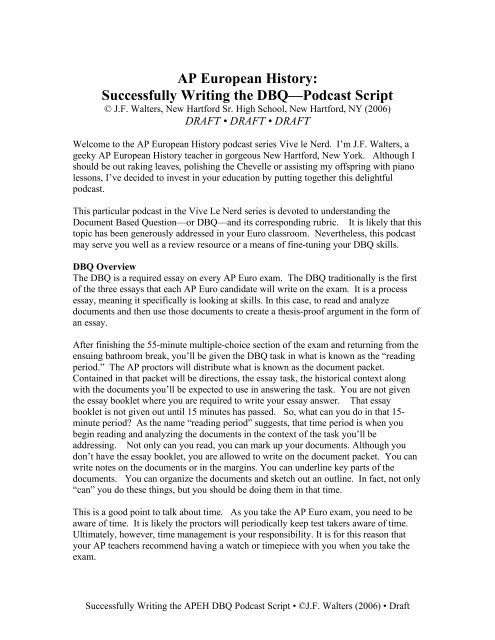

- #COLLEGE BOARD VIEW AP WRITING HOW TO#
- #COLLEGE BOARD VIEW AP WRITING REGISTRATION#
- #COLLEGE BOARD VIEW AP WRITING PROFESSIONAL#
- #COLLEGE BOARD VIEW AP WRITING SERIES#

It may be one person or a specific group. As they begin to write, students must determine who the audience is that they intend to address. The group of readers to whom this piece is directed. Then there is the immediate occasion: an event or situation that catches the writer’s attention and triggers a response. All writers are influenced by the larger occasion: an environment of ideas, attitudes, and emotions that swirl around a broad issue. The time and the place of the piece the context that prompted the writing.
#COLLEGE BOARD VIEW AP WRITING HOW TO#
Regardless, students should determine how to insert and develop those attributes of the speaker that will influence the perceived meaning of the piece. Before students begin to write, they must decide whose voice is going to be heard: their own, or a fictional character. Dissecting the Acronym Who is the Speaker?
#COLLEGE BOARD VIEW AP WRITING SERIES#
SOAPSTone (Speaker, Occasion, Audience, Purpose, Subject, Tone) is an acronym for a series of questions that students must first ask themselves, and then answer, as they begin to plan their compositions.
#COLLEGE BOARD VIEW AP WRITING PROFESSIONAL#
Originally conceived as a method for dissecting the work of professional writers, SOAPSTone provides a concrete strategy to help students identify and use these central components as a basis for their own writing. This composition has integral parts that work together in a complex and subtle arrangement to produce meaning. Students need to recognize that any good composition, whether written, spoken, or drawn, is carefully planned. Without a strategy, particularly if they are under time constraints, they simply begin to write and the quality of their compositions is often erratic. One of the problems for these students is that they have no conscious plan that will enable them to begin the process and then to organize and develop their ideas. They do not see it as a way of ordering the mind, explaining their thoughts and feelings, or achieving a personal voice. It is a laborious, academic exercise, required by teachers and limited to the classroom.

#COLLEGE BOARD VIEW AP WRITING REGISTRATION#



 0 kommentar(er)
0 kommentar(er)
